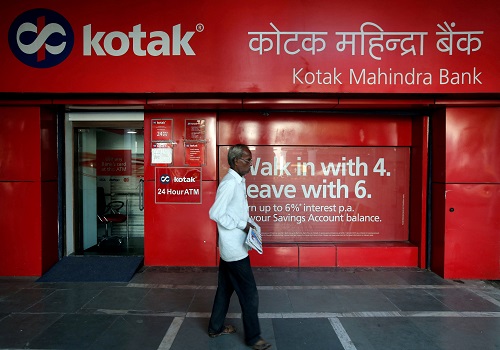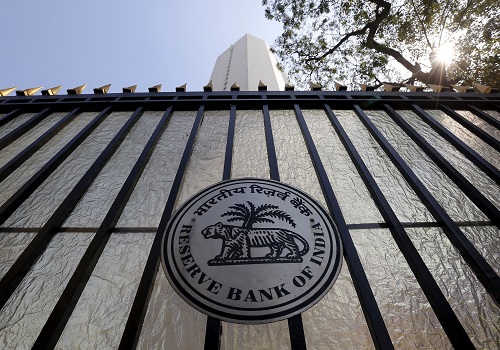Rise in risk appetite may affect some Indian Banks` intrinsic credit profiles: Fitch

Global rating agency Fitch in its latest report has said that a rise in risk appetite among Indian banks highlights the importance of assessing individual banks' ability to withstand expected and unexpected balance-sheet stress as part of the analysis of their intrinsic creditworthiness. Banks' loan growth over the financial year ended March 2023 (FY23) reached 15.4 per cent, the highest since FY12.
It said ‘we believe, this partly reflected pent-up credit demand following the Covid-19 pandemic, as well as strong nominal GDP growth, and we expect some normalisation in FY24’. However, rapid loan growth and higher exposure to certain asset classes are also likely to indicate greater risk appetite and could affect risk profiles, adding increasing risk appetite reflects in part banks’ efforts to boost returns after funding costs rose over 2022, even as they manage asset growth relative to capital.
The report further said notably, credit card lending and personal loans exposure rose to 10.2 per cent of system loans by FY23, from 7.5 per cent in FY18. It said ‘we view such unsecured categories as most vulnerable to potential stress, though exposures among our rated entities remain manageable, and improvements in risk controls and loan-book granularity should help to reduce risks associated with any future asset-quality deterioration relative to previous cycles. We also expect tighter regulatory supervision to slow unsecured lending in the year ahead’.
























